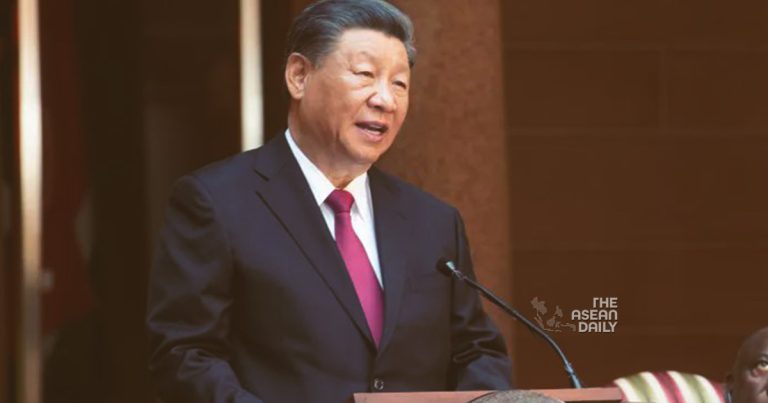6-9-2023 (BEIJING) Foreign diplomats stationed in China are facing growing difficulties in accessing Chinese officials and information sources, signaling a trend of Beijing closing off to the West and its allies. Over 10 envoys from various countries based in China have expressed concerns about the limited access they have to Chinese officials and information on the country’s economy. This trend has become more pronounced in 2023, even as China has eased pandemic restrictions that previously hindered diplomatic activities for three years.
The envoys, who preferred to remain anonymous due to the sensitivity of the matter, highlighted the challenges they face in engaging with Chinese officials and the reluctance of officials to deviate from the established script under President Xi Jinping’s strict regime. Ryan Neelam, a foreign policy analyst and former Australian diplomat, stated that limited access to decision-makers and scripted interactions narrows the opportunity for finding common ground and compromises.
Relations between China and the West have deteriorated in recent years due to various issues, including China’s support of Russia during the Ukraine invasion and tensions surrounding sensitive technologies and Taiwan. Chinese authorities have not provided an explanation for President Xi’s absence from the G20 summit in India, an event he has attended consistently in the past. Premier Li Qiang will represent China instead. Xi’s international travel this year has been significantly reduced, with only two trips outside China, both to countries considered friendly by Beijing.
According to Western diplomats in Beijing, access to Chinese officials and scholars from state-linked think tanks, which play a crucial role in explaining China’s policies, has decreased compared to pre-pandemic times. Scheduling visits, establishing protocols, and ensuring media access have also become more challenging. Diplomats have reported that when meetings are arranged, Chinese officials strictly adhere to scripted comments, limiting the quality of information diplomats can relay to their home countries. Some diplomats have also encountered hostility from nationalistic academics.
While French President Emmanuel Macron and US Secretary of State Antony Blinken have visited China for talks with President Xi this year, Western envoys in Beijing continue to experience restricted access. However, diplomats from two countries with close relations to China have not encountered such difficulties.
Analysts suggest that China is increasingly using limited access or non-attendance at events as leverage against countries with which it has disagreements. Yun Sun, director of the China Program at the Stimson Center, a Washington DC-based think tank, noted that engagement is seen by China as a tool to shape other countries’ behaviors. She also highlighted that the lack of access and increased security restrictions for Western diplomats in China have intensified.
With China implementing a comprehensive national security drive aimed at countering foreign espionage, this trend of limited access is expected to continue. Analysts believe that as anti-West sentiment grows within the Chinese bureaucracy, close working relationships with Western officials may be viewed as politically untrustworthy, leading to heightened risks and fewer benefits for Chinese officials in engaging with them.




